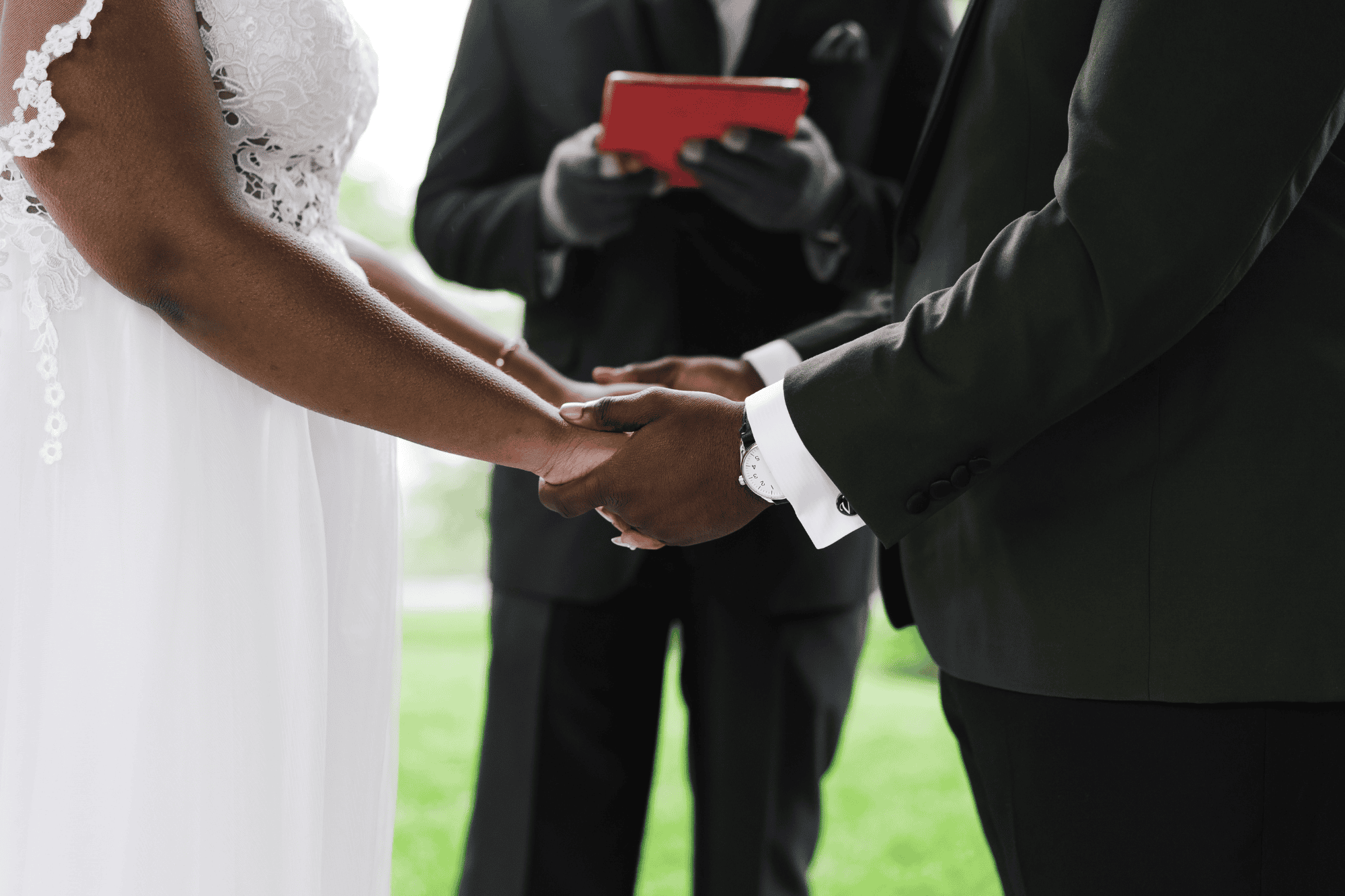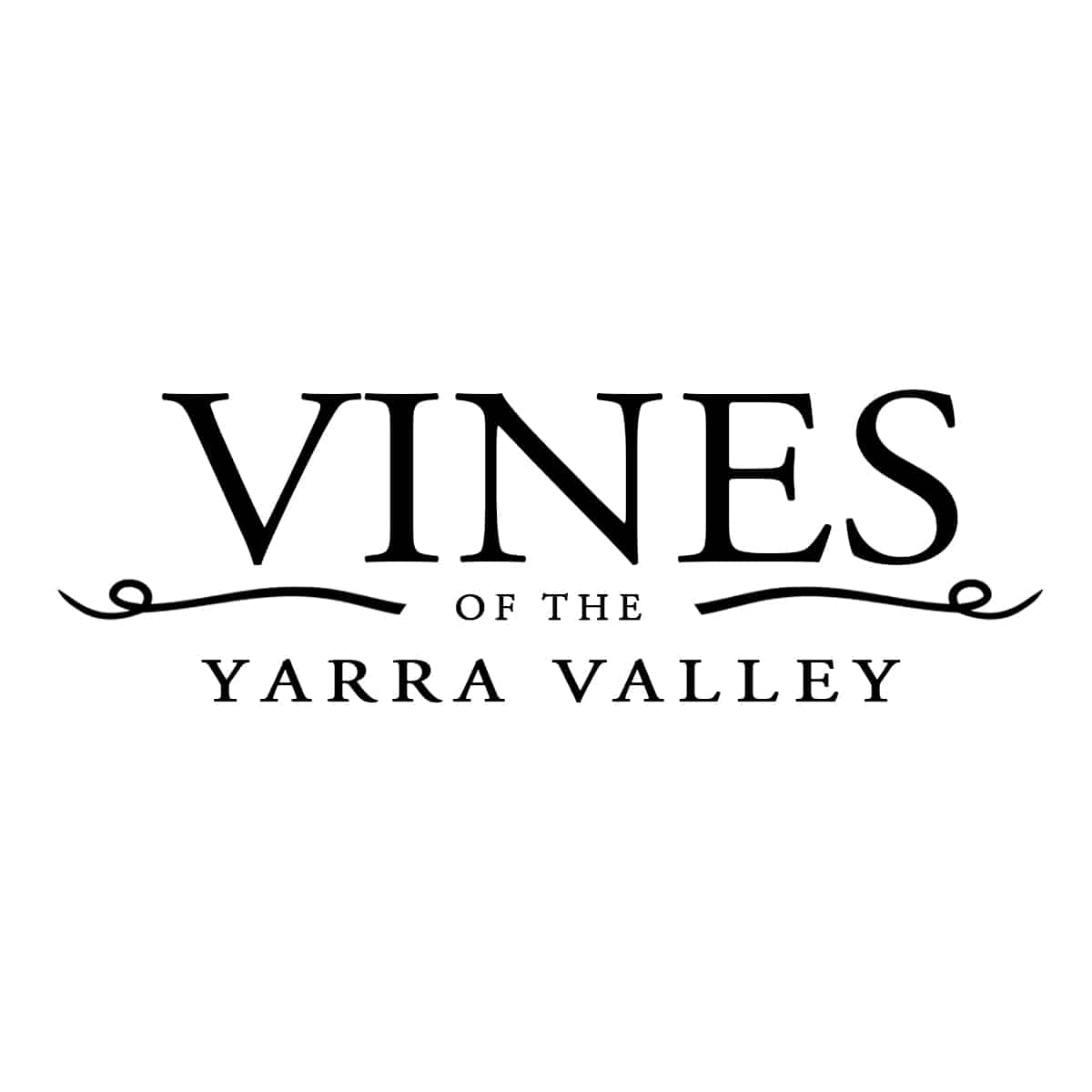Choosing a wedding officiant plays a vital role in shaping our ceremony and ensuring it reflects our love and values.
The officiant does more than lead the vows; they help create a memorable experience that binds us together legally and emotionally.
To find the right person for this significant role, we can follow several steps to guide us in making the best choice.
Let’s get straight to the point
Choosing a wedding officiant is key to creating a meaningful ceremony. Begin by deciding on the type of ceremony—religious, civil, or celebrant—based on your preferences.
Consider the officiant’s style to match your desired tone, and research options through recommendations and reviews. Reviewing their past work can help gauge their approach.
Discuss the ceremony structure, ensuring they’re-they’re open to personalisation.
Check availability for your wedding date and agree on fees to stay within your budget. A rehearsal is valuable for a smooth ceremony flow.
Clear communication and trusting your instincts will help you find an officiant who aligns with your vision, making the ceremony memorable for both you and your partner.
How To Choose The Right Wedding Officiant
Choosing a wedding officiant is a key part of planning a ceremony that reflects our love and values.
The officiant’s role goes beyond leading the vows—they are responsible for ensuring the ceremony runs smoothly and is legally binding.
To find the right person for this role, there are several important factors to consider.
From understanding different types of officiants to ensuring a personal connection, this guide will help us choose the perfect wedding officiant.
Decide On The Type Of Ceremony
The first step in choosing a wedding officiant is determining the type of ceremony we want.
This decision will help narrow down the officiant options. There are generally three types of officiants: religious, civil, and celebrants.
The officiant should come from our faith tradition if we plan a religious wedding. Depending on the religious context, this could be a priest, minister, or rabbi.
A civil officiant, such as a judge or registrar, may be appropriate for couples who prefer a non-religious ceremony.
On the other hand, celebrities offer flexibility and can tailor the ceremony to reflect our values and stories, making them ideal for personalised or non-denominational ceremonies.
Some couples choose to have a friend or family member officiate. While this adds a personal touch, it’s essential to ensure they are legally authorised to perform weddings in our state or territory.
Checking legal requirements early in the planning process avoids any potential complications.
Consider The Officiant’sOfficiant’s Style And Approach
Weddings are deeply personal, so the officiant’s style should align with the tone we want to set.
Do we want a traditional, formal ceremony or something more relaxed and casual?
Officiants have different approaches, and finding one who matches the atmosphere we want for our day is essential.
Meeting potential officiants, whether in person or over the phone, helps us understand their personalities and how well they understand our vision. It’s important to ask how much flexibility they offer in personalising the ceremony.
Some officiants stick to a set structure, while others are open to working closely with us to create a unique experience. The right officiant will listen to our ideas and be open to collaborating.
Understand The Legal Requirements
In Australia, wedding officiants must meet legal requirements to perform marriage ceremonies.
Civil celebrants, for example, must be registered with the Australian Government, while religious officiants need approval from their respective faith organisations.
Ensuring that the officiant meets these legal criteria guarantees that our marriage will be recognised under Australian law.
The officiant also typically handles essential paperwork, such as the Notice of Intended Marriage (NOIM). Discussing the legal process and understanding what documents are needed can provide peace of mind and help us focus on other aspects of the wedding.
Build A Personal Connection
A strong personal connection with the officiant can enhance the ceremony.
An officiant who takes the time to get to know us as a couple will be able to incorporate meaningful anecdotes and details that resonate with both us and our guests.
If we hire a professional, it’s still valuable to find someone who shows genuine interest in learning about our relationship.
Personal connection is naturally built into couples who choose a friend or family member. However, it’s still important to ensure they feel confident in their role as an officiant.
A good officiant—professional or otherwise—will know how to balance professionalism and personal warmth, making the ceremony smooth and heartfelt.
Seek Recommendations And Read Reviews
Word-of-mouth recommendations can be incredibly helpful when looking for an officiant.
We can ask friends, family members, or even our wedding planners for suggestions based on their experiences.
Online reviews are another valuable resource, providing insights into an officiant’s professionalism, flexibility, and overall style.
Many wedding websites and forums feature reviews from couples who have already worked with an officiant.
Reading about their experiences, particularly how the officiant handles unexpected situations, can give us a clearer picture of what to expect.
Reviews can also highlight whether the officiant is well-prepared and organized—a critical quality for anyone leading a wedding ceremony.
Review Past Ceremonies
A useful way to evaluate potential officiants is to review their previous work. This might include watching videos of ceremonies they’ve officiated or reading scripts from past weddings.
This helps us assess whether their delivery style and ceremony structure match the vision we have for our own day.
Officiants who have performed various ceremonies can often offer creative ideas and guidance based on their experience.
If their past ceremonies feel right for us, it’s a good sign we’ve found a strong candidate. We can discuss alternatives during the interview if we see elements we don’t like.
Discuss The Ceremony Structure
The structure of the ceremony is an important aspect to discuss with potential officiants.
Do we want a traditional format with established rituals, or are we open to creating something more personalised.Some couples incorporate readings, cultural traditions, or unique rituals into their ceremony, and the officiant should be comfortable adapting to these preferences.
While many officiants work from a standard script, the best ones will tailor the ceremony to reflect who we are as a couple.
It’s important to feel comfortable suggesting ideas or personal touches, such as when writing our vows.
Good officiants will offer suggestions if needed, but ultimately, they should be willing to customise the ceremony to fit our wishes.
Check Availability And Fees
Once we’ve narrowed our choices, checking the officiant’s availability on our wedding date is essential. Popular officiants may be booked months in advance, so it’sit’s a good idea to start looking early.
We should also ask how many ceremonies they plan to officiate on the same day, as this can impact their availability for pre-wedding meetings or post-ceremony celebrations.
It’sIt’s equally important to discuss fees upfront. Officiant fees can vary based on their experience, location, and the type of ceremony.
Understanding the cost structure, including potential travel expenses or rehearsal attendance fees, will help us manage our budget effectively.
Plan For A Rehearsal
A rehearsal before the wedding is often included in the officiant’s services and can be invaluable.
It allows us to walk through the key moments of the ceremony, practice the processional and recessional, and ensure everyone knows their role.
Having a rehearsal also helps the officiant refine their role and address logistical concerns, such as microphone placement or music timing.
A well-organised rehearsal can make the wedding day itself much less stressful. It gives us, the bridal party, and the officiant a chance to get comfortable with the ceremony flow, ensuring everything goes smoothly when it matters most.
Communication And Flexibility
Clear communication is critical when working with a wedding officiant. They should be responsive to our emails or phone calls and open to discussing our preferences.
Flexibility is also important, especially if we have specific traditions or requests we’d like to incorporate.
A good officiant will listen to what we want, offer valuable insights, and collaborate to create a ceremony that reflects our relationship.
This balance of guidance and flexibility ensures that the ceremony feels personal and unique.
Trust Your Instincts
Choosing a wedding officiant comes down to trust. We need to feel comfortable with the person guiding us through one of the most significant moments of our lives.
If we feel confident in an officiant ability to connect with our guests and us, they are likely the right choice.Trusting our instincts helps us choose someone who can make our wedding day special.
It’s not just about finding someone who meets the practical requirements but also someone who can create an experience that we and our guests will remember.
Conclusion
Selecting the right wedding officiant is key to making our ceremony personal and meaningful.
We can find someone who aligns with our vision by considering the type of ceremony we want, the officiant’s style, and their ability to build a connection with us.
Whether we choose a religious, civil, or celebrant officiant, thoughtful planning ensures that this important role is filled by someone who will guide us through a memorable and legally recognised ceremony.
Trusting our instincts and maintaining clear communication are essential to selecting the perfect officiant for our special day.
Frequently Asked Questions
Who can officiate a wedding?
Most commonly, municipal and city judges or mayors will preside. Unless you have a specific person in mind, your local civil registrar will assign an officiant to you based on your requested wedding date and the officiant’s availability.
What does the officiant say at a wedding?
Welcome, loved ones. Today, we are gathered to join [Name] and [Name] in holy matrimony. [Name], I promise to cherish you always, to honour and sustain you, in sickness and health, poverty and wealth, and to be true to you until death alone shall part us.
How long should an officiant speak at a wedding?
A speech that does not exceed 5 minutes is ideal. This may seem long when it comes to a speech, but do not forget that the person must stand up, put themselves in place, present themselves, say their speech, and kiss the bride and groom.
How should a wedding officiant dress?
Proper attire for a wedding officiant means sticking to solid colours like beige, black, or neutral tones. Brighter shades might clash with the bride and groom’s outfits, making their wedding photographs an eyesore. Distracting patterns will prevent you from blending into the scenery as well.
How do you introduce yourself as an officiant?
When it comes to an impactful officiant speech, start with the specific and transition to the broad. The audience will want to know who you are and why you’re up there. So, introduce yourself briefly and explain why you were chosen or how you know the couple.



